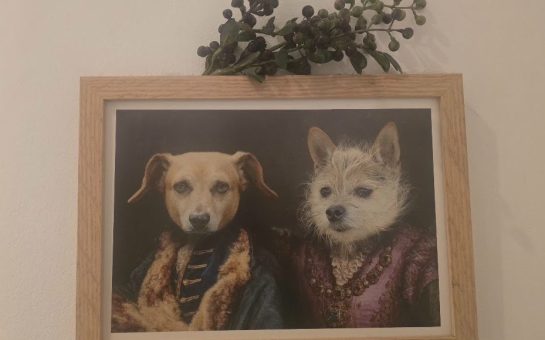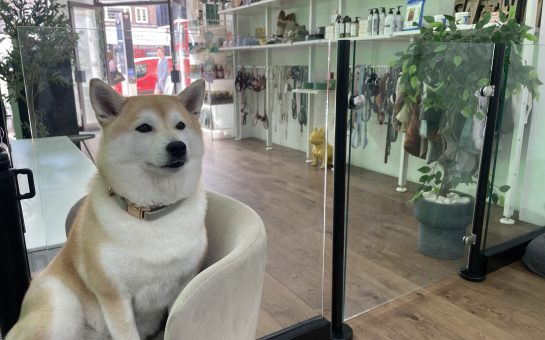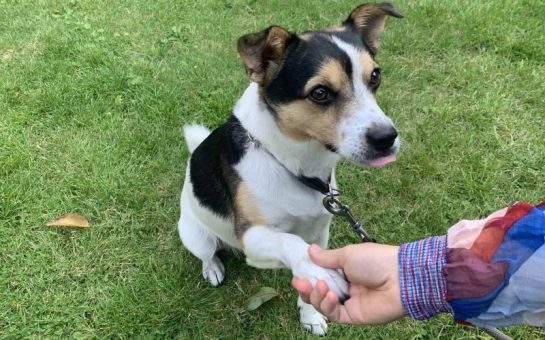The story is always the same: a puppy is brought to a loving home, only to die a few days later.
For Kobe, it was five days and for Mungo, it was eight days.
Both were killed by parvovirus, a brutal disease spread through faeces, caused by the inhumane living conditions suffered in puppy farms.
Emma, 40, brought home Kobe, a cockapoo, on the 19th of July from Kent to Norwich, for her two sons, 17 and 14, in an attempt to ease the anxiety of the youngest.
Emma said: “Since the coronavirus lockdown, my youngest is very anxious of going out and wanting to mix with people. So we thought we would get a puppy, as it’d be his dog and he knew he’d had to walk it every day, and that would get him out.
“I then had to explain to my sons that Kobe was not coming home, which when you are heartbroken yourself, to then see your children cry, it’s just heart-breaking.”
Kobe was put down after suffering from diarrhea and a swollen stomach.
The signs of an illegal trade were all there: not allowed to see the mother, paperwork did not match the microchip, and the breeders were eager to give up the puppy.
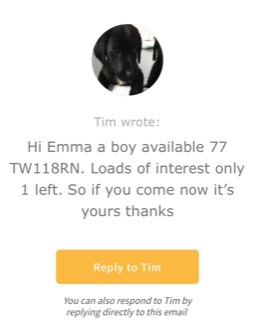
Emma Cooke, 37, a recovery worker for the homeless, told a similar story.
Black lab-collie mix Mungo, ‘Dear One’ in Welsh, died from parvovirus on the 12th of August, eight days after she picked him up from Twickenham.
Cooke said: “Unfortunately, it’s the nature of the society we live in: if there is money to be made it’s probably going to happen, people are going to see an opportunity.”
Both Emma and Cooke said that Covid-19 was used as an excuse to keep them at a distance.
Puppy farms are characterised by poor living conditions.
Often, the puppies are bred somewhere else, only to be sold at front addresses by third-party sellers, even though the practice has been illegal in the UK since April 2020.
With the RSPCA reporting that more than one in 10 people are planning to buy a puppy this Christmas season, business for illegal puppy farmers is expected to skyrocket.
The similarities continue in how they felt about Pets4Homes, the UK’s largest free online pet marketplace, and where the puppies were advertised.

Cooke said: “Pets4Homes are just money makers, and they do not care about animals in the slightest.
“Pets4Homes never picked up a phone, sent a personal email. They don’t care. And I know that if they haven’t done that with me, they haven’t done it with anyone else this happened to.”
Emma said: “You’d think by going to that website, which obviously is the main website breeders deal with, you’d think they’d have to do more checks about it.
“It was an experience made of worry, and it shouldn’t be a worry, it should be a fun time getting a puppy.”
A spokesperson from Pets4Homes said: “Pets4Homes has a zero-tolerance approach to the few attempting to use our service inappropriately.
“We also present clear guidelines and advice for both buyers and sellers to ensure a successful and safe transaction.”
One in three puppies in the UK are rehomed through Pets4Homes.
Animal Protection Services (ASA) and Dogs Trust are two charities working with Pets4Homes to end the puppy farming.
A spokesperson from ASA said: “Buyers have to take their own responsibility. What do they want us to do, hold their hand? It’s upsetting, we understand that.
“Pets4Homes are referring as many cases to us as possible, and we are then using that in investigations. That says they are committed to ending the illegal puppy trade. I would rather dogs be advertised on Pets4Homes than any other website.”
They added they are unable to outline the actions that they are taking due to data protection legislation, and that Pets4Homes has been extremely proactive in working with them, by setting up a deposit system and identity checking.
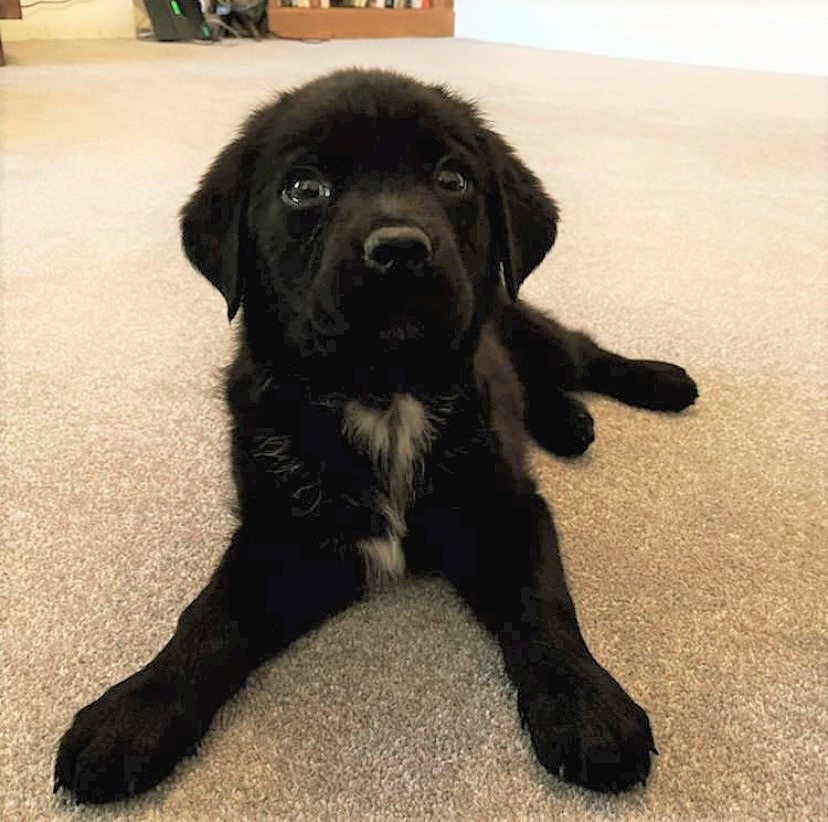
Dogs Trust chairs the Pet Advertising Advisory Group (PAAG), which was set up in 2001 to combat the irresponsible advertising of pets.
A spokesperson from Dogs Trust said that awareness of the buyers, as well as tighter regulation around pet travel, is needed.
Pets4Homes subscribes to all PAAG regulations, only five of which are legally required.
Cooke said: “I’m happy to do anything that is gonna raise awareness about it. Because it is the most unpleasant experience I’ve been through in my entire life.”
Planning to buy a puppy? Consider adoption, or check out How to spot a puppy dealer – The Puppy Contract.

